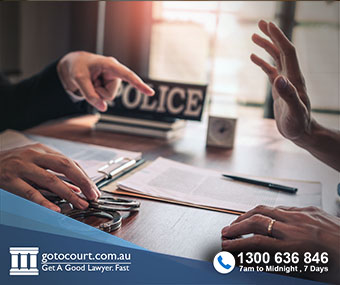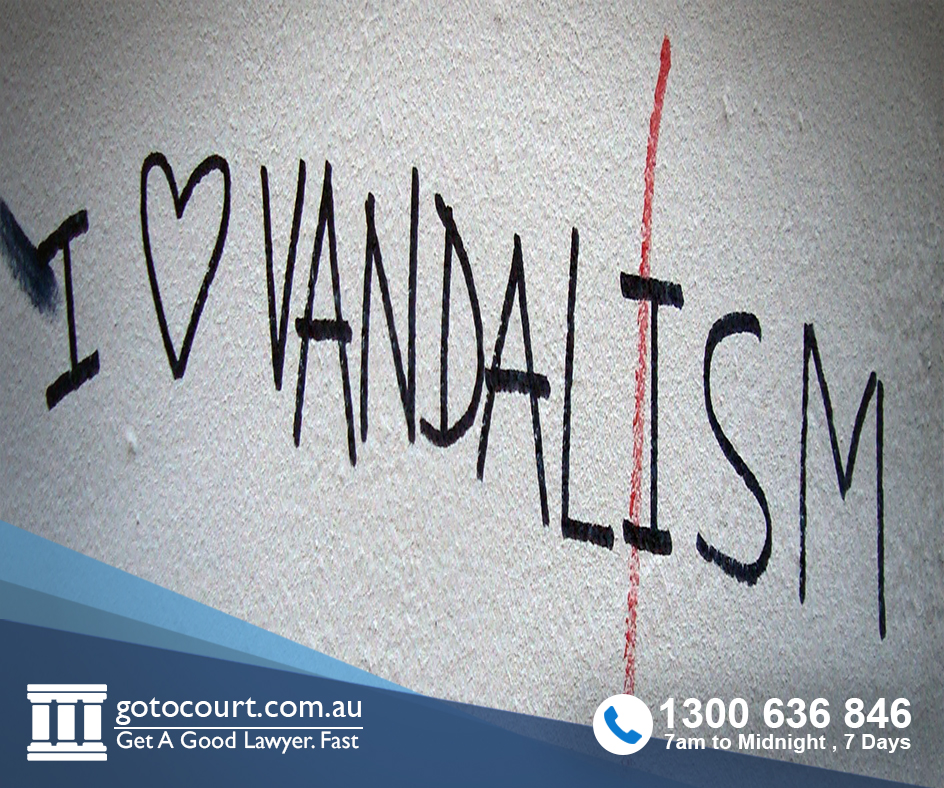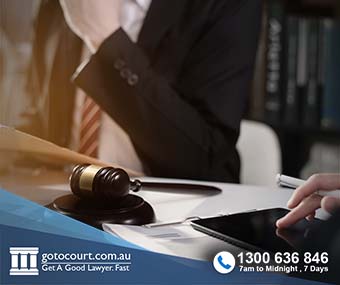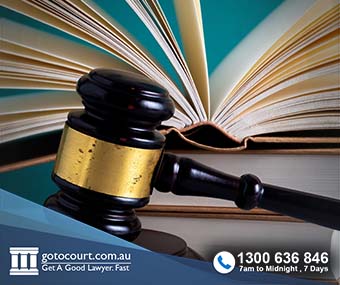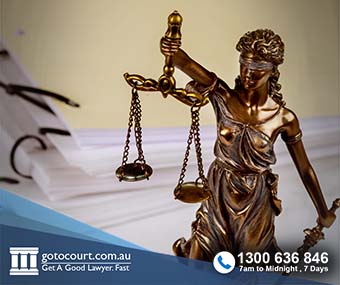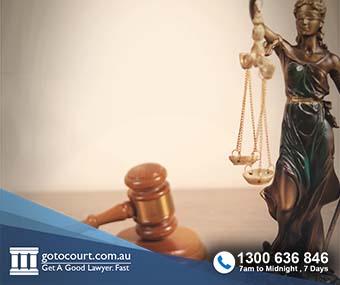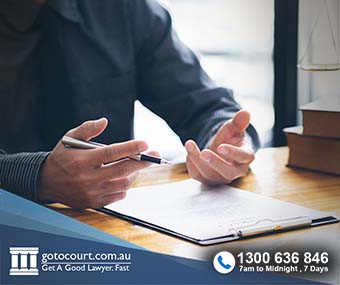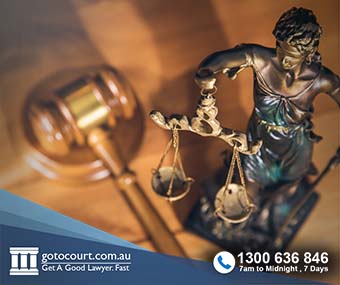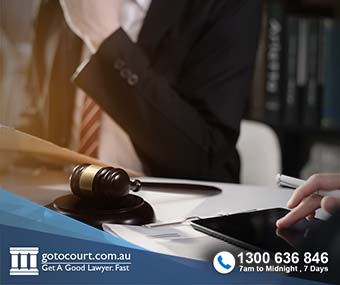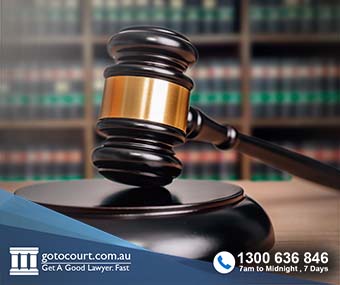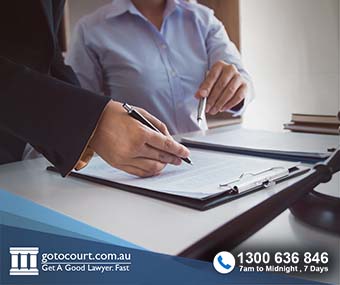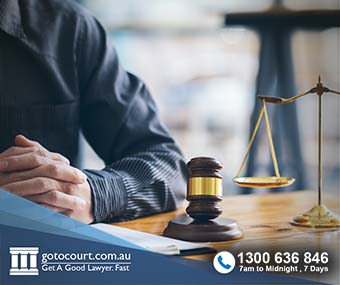Call our lawyers
now
or,
have our lawyers
call you
Arrests and Identification by Police (NSW)
Updated on Jan 04, 2023 • 4 min read • 416 views • Copy Link
Arrests and Identification by Police (NSW)
Police in New South Wales have various powers under the Law Enforcement (Powers and Responsibilities) Act 2002, which enable them to perform their duties. This does not mean that police are able to arrest anyone at any time. It is important for people to understand their rights when it comes to arrests and identification by police. This article provides general information only and should not replace independent legal advice.
What do I have to tell police?
There are many situations where the police can require you to provide your name and address.
These include:
- After you have been arrested;
- When you have unpaid fines and the police are seeking to serve a warrant on you regarding the non-payment of those fines (fine default warrant);
- When you are under 18 years of age and the police suspect that you are carrying or consuming alcohol in a public place;
- When you own or a driving a motor vehicle that the police suspect was involved in a crime;
- When you are driving a car and are suspected of committing a traffic offence or refuse a breath test.
The police can also request that you remove, or adjust any face covering for the purpose of identification.
What are my rights if police ask for my details?
If a police officer asks for your name and address, they should:
- Tell you why they are asking for that information;
- Advise you that failing to comply with their request is an offence;
- If they are in plain clothes, produce identification to prove that they are a police officer.
However, the police do not have to do these things if it is not practicable. There are situations where insisting that the police provide you with this information could result in you being charged with obstructing police.
Remember that it is a criminal offence to:
- Refuse to comply with the police officer’s lawful request for your name and address;
- Provide a false or incomplete name or address.
When can police arrest me?
The police have the power to arrest people in a range of situations.
These include:
- When the person has committed or is committing a crime;
- When a person is in immediate danger;
- When they suspect the person will cause harm to themselves, someone else or someone else’s property;
- When they have an arrest warrant.
You can also be arrested and taken to the police station for the purposes of verifying your identity.
What rights do I have after arrest?
The police officer must tell the person why they are being arrested. They must also caution them to let them know that they have a right to remain silent and anything that they do or say can be used against them in evidence.
The police officer must also give the person the opportunity to make a call. It is a good idea to use this call to organise legal advice as often the police will request that the person take part in a formal interview shortly afterwards.
What should you do if you believe the police are acting unlawfully?
If you believe that the police have acted unlawfully you should seek legal advice. It is important to remember that you have a right to request the police officer’s name, rank and station and this should be noted down for any potential complaint later.
Do I have to answer?
You will generally need to provide police with your name, address and date of birth but you do not have to say anything more. It is a good idea to get legal advice before participating in any formal or informal interview with police.
There are some situations where you are obliged to answer questions by police. If this is the case, the police should advise you that failing to answer their questions is a criminal offence and you could be charged.
In summary, police have extensive and wide-ranging powers in New South Wales when it comes to arrest and identification. However, these powers are not without their limits. It is important to remember that defence solicitors can advise you of your rights at any stage, even before you are arrested. There is often great benefit in getting legal advice at an early stage.
If you require legal advice or representation in a criminal law matter or in any other legal matter, please contact Go To Court Lawyers.


Affordable Lawyers
Our Go To Court Lawyers will assist you in all areas of law. We specialise in providing legal advice urgently – at the time when you need it most. If you need a lawyer right now, today, we can help you – no matter where you are in Australia.How It Works








1. You speak directly to a lawyer
When you call the Go To Court Legal Hotline, you will be connected directly to a lawyer, every time.


2. Get your legal situation assessed
We determine the best way forward in your legal matter, free of charge. If you want to go ahead and book a face-to-face appointment, we will connect you with a specialist in your local area.


3. We arrange everything as needed
If you want to go ahead and book a fact-to-face appointment, we will connect you with a specialist in your local area no matter where you are and even at very short notice.


